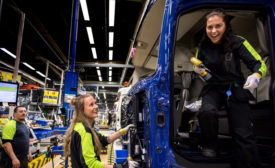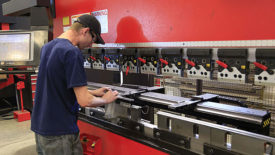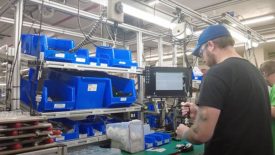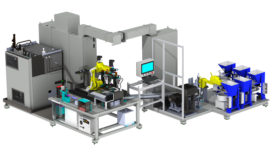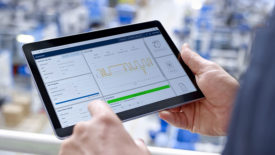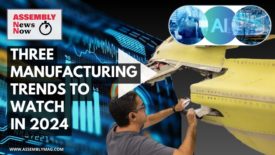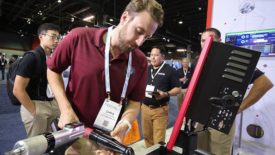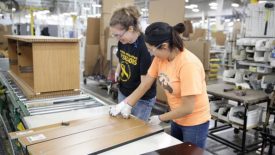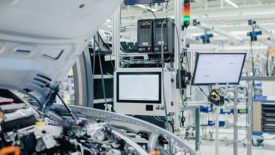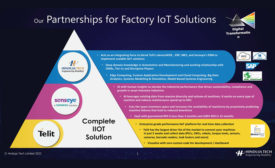Home » Keywords: » data analytics
Items Tagged with 'data analytics'
ARTICLES
Automated Assembly Systems
Navigating the Future of Test and Assembly: The Imperative for Automation Intelligence
Assembly and test systems must have the ability to gather and analyze significant amounts of data at each step of the manufacturing process.
April 10, 2024
Manufacturing Software
An IIoT Roadmap for Driving Productivity and Efficiency in Automotive Assembly Plants
A three-tiered approach is needed to connect, collect and analyze production data.
April 27, 2023
Get our new eMagazine delivered to your inbox every month.
Stay in the know on the latest assembly trends.
SUBSCRIBE TODAY!Copyright ©2024. All Rights Reserved BNP Media.
Design, CMS, Hosting & Web Development :: ePublishing
